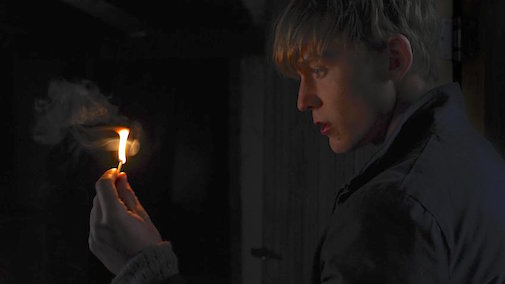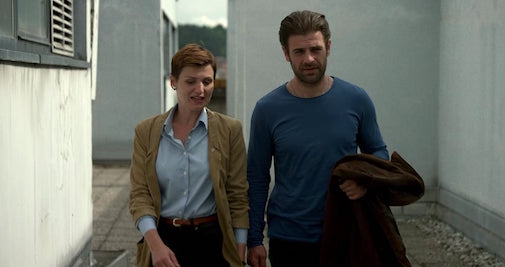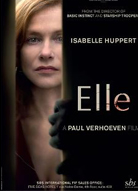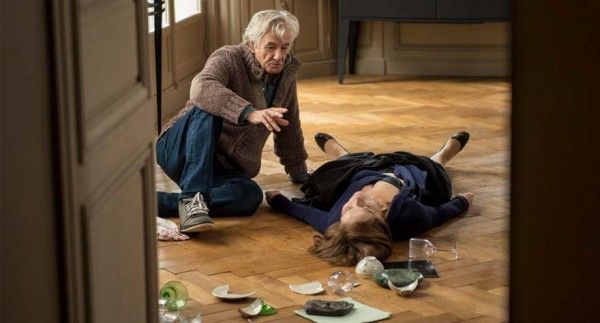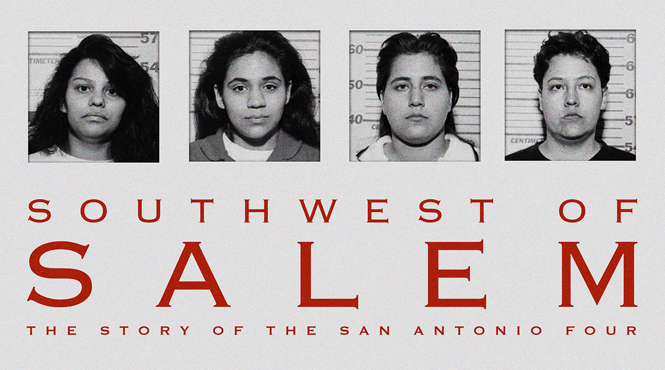TIFF: François Ozon's Elegant "Frantz"
 Friday, September 16, 2016 at 10:12AM
Friday, September 16, 2016 at 10:12AM Nathaniel R reporting from TIFF
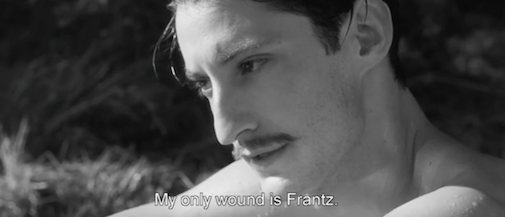
Frantz is dead when Frantz begins though everyone who knew him keeps willing him back to life through memories and the general refusal to let go. The movie has a terrifically simple plot generating event which reaps bountiful plot threads and emotions: In 1919 Germany, just after the first World War, a young girl named Anna (Paula Beer, Venice Winner Best Young Actor) repeatedly encounters a Frenchman named Adrien (Pierre Niney) while visiting her dead fiancee Frantz's (Anton von Lucke) grave. Then he comes knocking at her door. Why is he there? What does he want with Anna and Frantz parents? At first she and Frantz's parents (Ernst Stötzner and Marie Gruber, both superb) are wary about him since the wounds between the countries are still fresh. Quickly they warm to him though, much to their town's disapproval, when they realize that he knew their beloved Frantz (who had always loved Paris before the war).
Told in roughly two acts, the first in Germany is superb with a fine curtain closer if it were a play. (In fact, Frantz feels nearly like a full movie right then and there.) The second act in France, is perhaps too much of a good thing as the film suffers from repetition. Still the emotional arcs and tough emotional questions (is it better to lie than to cause more suffering?) are beautifully rendered. Ozon's hand is assured and elegant throughout. In fact, his queer gaze makes Frantz a more complex journey than it would have been with another director. Flashbacks to the young soldiers as friends are highly romanticized, nearly erotic. And this idealization is at fascinating odds with the film's feelings about romanticizing war and what the characters lives otherwise tell us about them. (In black and white with shifts to color a few times, always when Frantz appears in flashbacks, but more mysteriously on two other occassions.)

Grade: First Act: A / Second Act: B
MVP: François Ozon
Oscar Chances: France has four finalists for the Oscar submission this year. We're rooting for Elle but I think either that film or Frantz is likely to make the finals (9 films) at least with Oscar's foreign committee should it be the one that's selected.
Distribution: Music Box Films will release Frantz in the US. No dates have been announced yet but I suspect first quarter of 2017.




